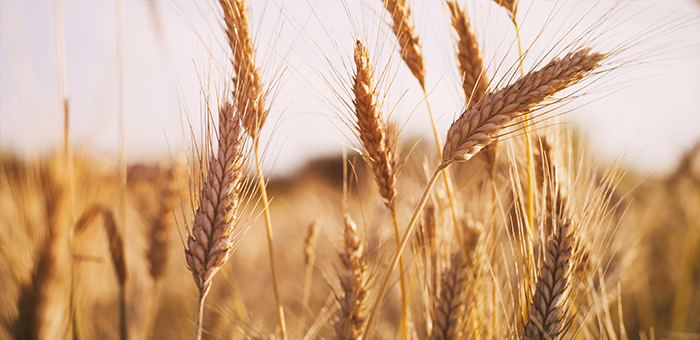Reasons to Go Organic
 Over the last few decades research into whether organic foods are higher in nutrients than conventionally grown foods has shown mixed results. However, more recently the evidence seems to be stacked in favour of organic foods being higher in antioxidants, some vitamins and minerals and omega 3 fats.
Over the last few decades research into whether organic foods are higher in nutrients than conventionally grown foods has shown mixed results. However, more recently the evidence seems to be stacked in favour of organic foods being higher in antioxidants, some vitamins and minerals and omega 3 fats.
6 Reasons to Buy Organic
Research finds that:
1. Organic crops are higher in vitamin C.
2. Organic crops are higher in antioxidants such as polyphenols, needed by the immune system to support many aspects of health.
3. Organic crops are higher in minerals such as zinc and iron. The mineral content of conventionally grown foods has fallen dramatically since 1940. This reflects the depletion of the soil through poor farming practices and the excessive use of fertilisers.
4. Organic grains have better quality protein.
5. Organic milk is up to 90% higher in antioxidants than conventional milk.
6. Meat and milk from organically farmed animals have higher levels of omega 3 fats and lower levels of omega 6 fats. This is advantageous as most people’s diets are too high in omega 6 compared to omega 3. This is likely to be due to the differences in what the animals are fed and how much pasture they can access.
Why Are Organic Crops Higher in Nutrients?
It is not surprising that organic crops are higher in antioxidants since antioxidants are what plants produce in order to protect themselves from predators and disease. Without the protection of pesticides and herbicides the plants produce antioxidants to protect themselves. We get these benefits when we eat the plants.
Other nutrients are likely to be higher due to the higher nutrient content of the soil they are grown in which is enriched with compost and manure.
Antibiotic Use In Animal Farming
It is legal to use antibiotics in animals even when no disease is present. This is because the cramped conditions of intensive farming mean that disease outbreaks are frequent and hard to control. The reliance on antibiotic use in agriculture is an important factor contributing to increased antibiotic resistance in bacteria that infect humans as the antibiotics are passed to us through the food chain.
Organic farming does not permit routine use of antibiotics and the less intensive systems mean that the animals are less likely to get infections or to need antibiotics.
For more information about the benefits and possibilities of organic farming and the problems associated with pesticide use see the blog posts on Organic Food for Sustainability and Problems with Pesticides. For info on which foods are most heavily contaminated and which are not such a problem see blog post on The Dirty Dozen and The Clean Fifteen.
References
1. Baranski M et al (2014) – Higher antioxidant and lower cadmium concentrations and lower incidence of pesticide residues in organically grown crops: a systematic literature review and meta-analyses. British Journal of Nutrition, 112, 794-811
2. European Parliament (2016) – Human Health Implications of Organic Food and Organic Agriculture. Report: www.europarl.europa.eu/RegData/etudes/STUD/2016/581922/EPRS_STU(2016)581922_EN.pdf
3. FiBL (2006) – Quality and Safety of Organic Products. 1st Edition
4. Soil Association (2001) – Organic Farming Food Quality and Human Health, A Review of the Evidence.
5. Soil Association (Undated) – Policy Document – Pesticides in your food
6. Srednicka-Tober D et al (2016) – Composition differences between organic and conventional meat: a systematic literature review and meta-analysis. British Journal of Nutrition, 115, 994-1011